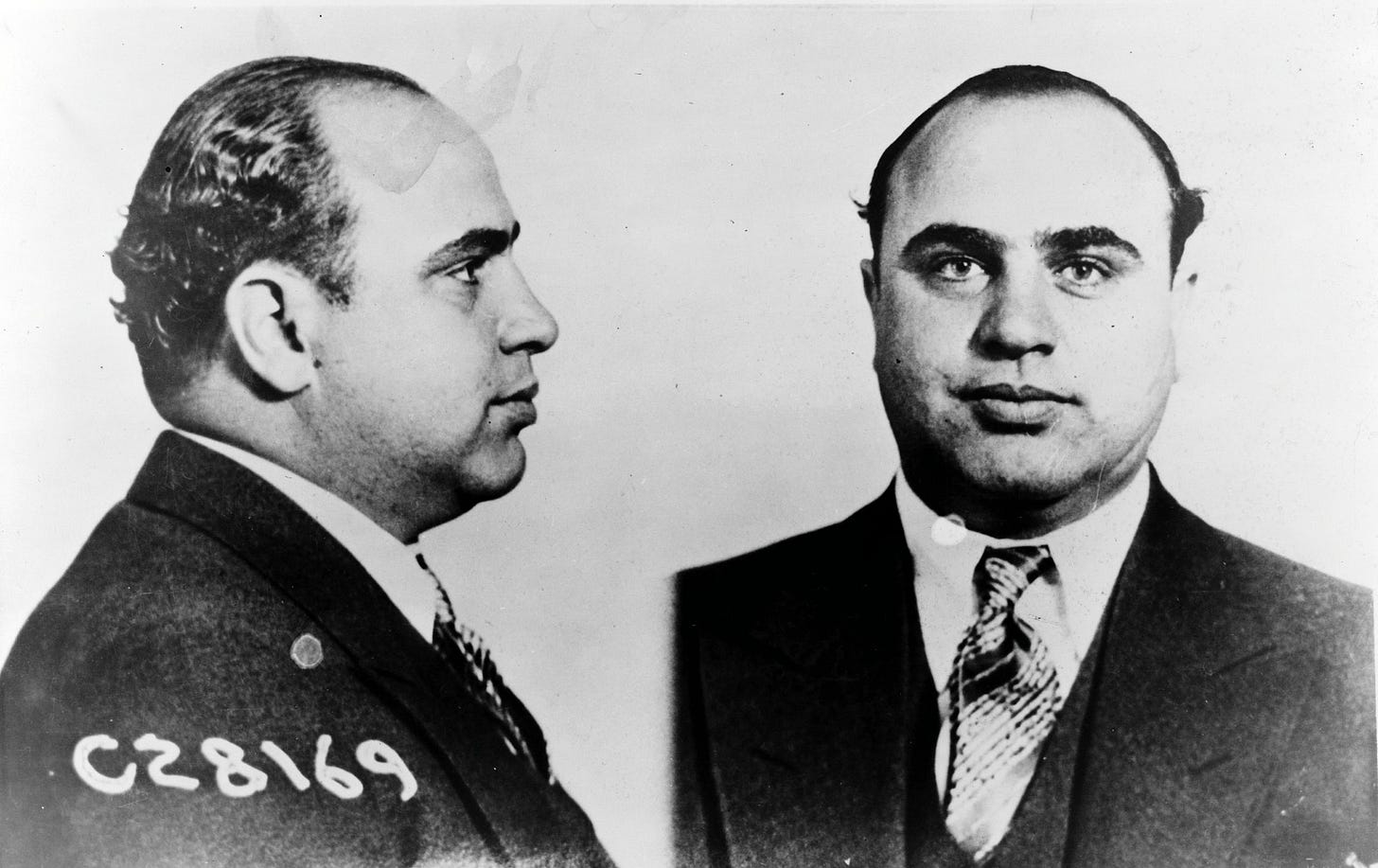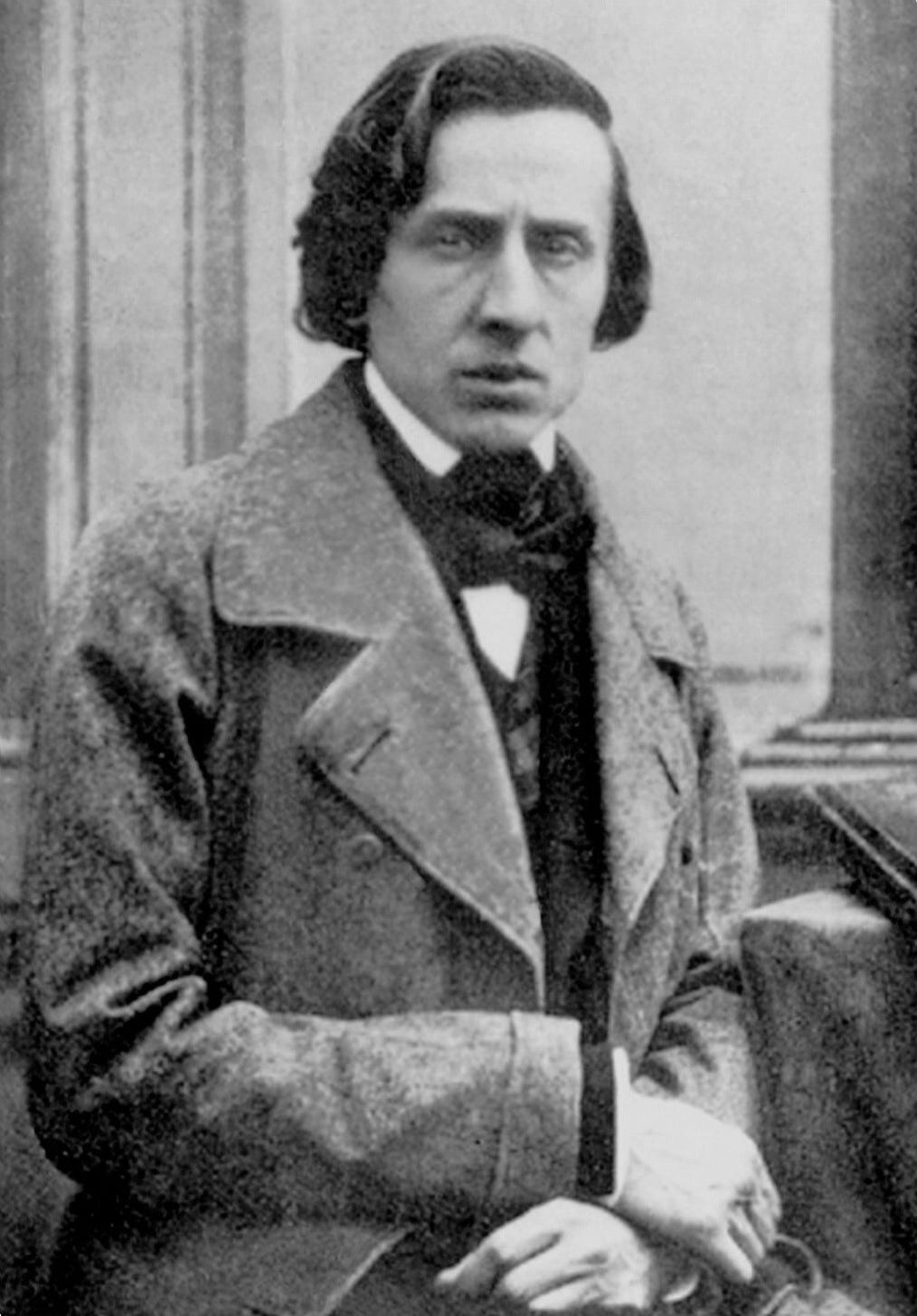This Day in Legal History: Al Capone Convicted
On October 17, 1931, notorious gangster Al Capone was convicted of tax evasion in federal court, marking a pivotal moment in American legal history. Capone, who had risen to national infamy during Prohibition as the head of a sprawling Chicago crime syndicate, had long evaded prosecution for his violent and illegal enterprises. Despite widespread public knowledge of his role in bootlegging, extortion, and murder, prosecutors struggled to tie him directly to any of those crimes. Instead, federal investigators, led by Treasury Department agent Frank J. Wilson, focused on Capone’s lavish lifestyle and failure to file income tax returns.
The government’s case rested on a novel legal theory at the time: that even illegally obtained income was subject to federal taxation. This approach was upheld by the Supreme Court in prior decisions and proved decisive in Capone’s prosecution. During trial, prosecutors introduced evidence of Capone’s expenditures and testimony from witnesses who detailed his earnings, none of which had been declared to the IRS. The jury found him guilty on five counts of tax evasion.
Capone was sentenced to 11 years in federal prison, fined $50,000, and charged nearly $30,000 in court costs and back taxes. He was denied bail and began serving time in the U.S. Penitentiary in Atlanta before being transferred to Alcatraz in 1934. His conviction not only marked the downfall of one of America’s most feared mob bosses but also cemented the IRS’s role in fighting organized crime. The case showcased the growing power of the federal government in regulating and prosecuting financial crimes.
Former National Security Adviser John Bolton was indicted on charges of sharing classified government information, including top-secret material, with two relatives identified by sources as his wife and daughter. The indictment alleges Bolton transmitted over a thousand pages of sensitive information—gleaned from high-level meetings and intelligence briefings—between 2018 and 2025, with discussions indicating the material might be used in a book project. He referred to his relatives as his “editors” and communicated with a publisher about potential rights. Bolton has denied wrongdoing, stating he looks forward to defending himself and accusing Trump of abuse of power. His attorney maintains no classified information was unlawfully shared or stored.
The case is part of a broader trend under the Trump administration, which has pursued indictments against multiple critics, including James Comey and New York Attorney General Letitia James. Trump has actively pushed for such prosecutions, and concerns have been raised about the politicization of the Justice Department. Still, officials note Bolton’s case began in 2022 and involves more substantial evidence. Bolton’s personal email was reportedly hacked by an actor tied to the Iranian government, which further complicated the case, though he allegedly failed to report the storage of classified material. If convicted, Bolton faces up to 10 years per count under the Espionage Act.
John Bolton, former Trump adviser, charged with sharing classified information | Reuters
The U.S. Chamber of Commerce filed a federal lawsuit challenging President Donald Trump’s imposition of a $100,000 fee on new H-1B visa applications. The lawsuit, brought in Washington, D.C., argues that the fee—announced by Trump in a September proclamation—exceeds the president’s legal authority and threatens to destabilize the visa system established by Congress. This marks the Chamber’s first legal action against the Trump administration since his second term began in January.
The H-1B program allows U.S. employers to hire skilled foreign workers, particularly in fields like technology and engineering. Companies typically pay between $2,000 and $5,000 per H-1B petition, with most applications costing under $3,600. The newly announced fee would significantly raise costs for employers, potentially forcing them to reduce their reliance on foreign talent or abandon the program altogether.
Trump justified the fee by citing national and economic security concerns, claiming the H-1B program facilitates the replacement of American workers. The Chamber disputes that, arguing the fee is not an immigration restriction because employers—not foreign nationals—pay it. The policy is also facing another legal challenge in California from unions, religious groups, and employers. Business leaders warn that the fee will exacerbate labor shortages and harm U.S. competitiveness.
Major US business group sues over Trump’s $100,000 H-1B visa fee | Reuters
New Jersey filed a lawsuit against gun manufacturer Sig Sauer, seeking to halt sales of its P320 handgun within the state over allegations that the weapon can fire without the trigger being pulled. Filed in Sussex County state court, the lawsuit claims the company marketed the pistol as safe while knowing of a design flaw that allows for unintentional discharges. The complaint cites several such incidents, including the fatal shooting of a detective lieutenant in April 2023 as he was preparing to clean his P320.
The state is seeking a mandatory recall of all P320s sold in New Jersey and a court order to ban further sales of the model. The lawsuit invokes product liability, consumer fraud, and public nuisance laws, marking the first time a government entity has sued over this issue, according to Attorney General Matthew Platkin. At a press conference, Platkin accused Sig Sauer of promoting the handgun’s safety while omitting information about its known risks.
Sig Sauer has denied the P320 can fire on its own, blaming incidents on user error. Still, the company has faced numerous lawsuits from civilians and law enforcement officers nationwide and has paid out millions in damages. New Jersey’s suit claims the P320’s design allows it to be fully cocked with a chambered round and that minor movement can activate the internal striker, causing it to discharge unexpectedly—especially dangerous for law enforcement officers who carry the firearm holstered and ready.
New Jersey sues Sig Sauer, alleging handguns fire on their own | Reuters
This week’s closing theme is by Frédéric Chopin.
Frédéric Chopin, the Polish composer and virtuoso pianist, died on October 17, 1849, at the age of 39 in Paris. Though his life was brief, his influence on Romantic music—and piano literature in particular—has been profound and enduring. Chopin composed almost exclusively for solo piano, blending technical innovation with a deeply expressive, often introspective voice. Among his most beloved works is the Nocturne in E-flat major, Op. 9, No. 2, composed when he was just 20.
This piece exemplifies Chopin’s signature style: lyrical, ornamented melodies floating over a gently rocking accompaniment. It unfolds in a graceful ternary form, inviting both performer and listener into a world of delicate melancholy and understated virtuosity. The Nocturne’s opening theme returns with increasingly elaborate embellishment, showcasing Chopin’s genius for subtle variation and emotional nuance. Though brief, the piece captures a vast interior world—what Robert Schumann once described as “cannons buried in flowers.”
Chopin’s nocturnes elevated the genre from salon entertainment to high art, and the Nocturne in E-flat major remains a favorite among pianists and audiences alike. Its enduring popularity testifies to Chopin’s ability to transform a simple melody into something timeless. That he died on this day in 1849 makes this day an especially fitting moment to revisit his music, which continues to resonate with quiet power over 175 years later.
Without further ado, Frédéric Chopin’s Nocturne in E-flat major, Op. 9, No. 2 – enjoy!














